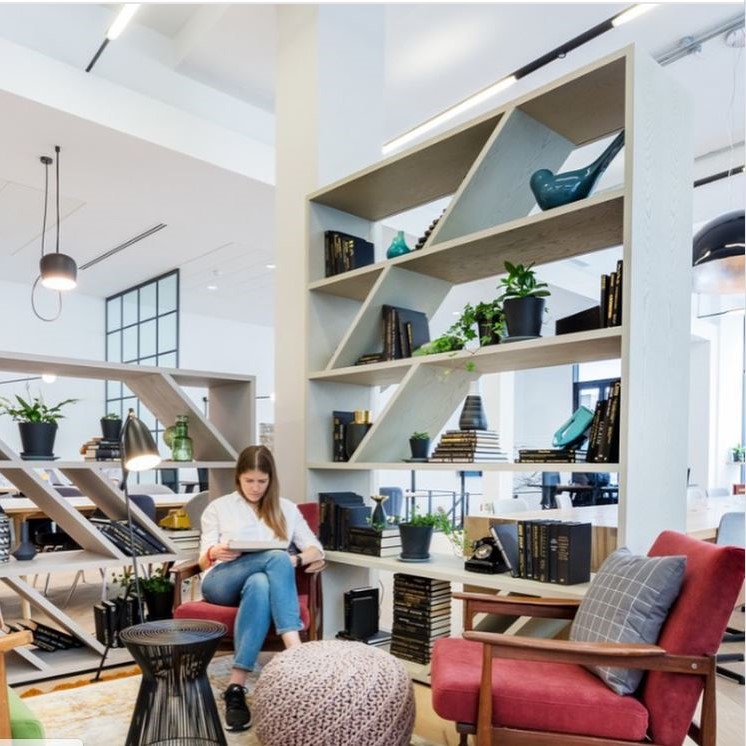To provide the best experiences, we use technologies like cookies to store and/or access device information. Consenting to these technologies will allow us to process data such as browsing behaviour or unique IDs on this site. Not consenting or withdrawing consent, may adversely affect certain features and functions.
The technical storage or access is strictly necessary for the legitimate purpose of enabling the use of a specific service explicitly requested by the subscriber or user, or for the sole purpose of carrying out the transmission of a communication over an electronic communications network.
The technical storage or access is necessary for the legitimate purpose of storing preferences that are not requested by the subscriber or user.
The technical storage or access that is used exclusively for statistical purposes.
The technical storage or access that is used exclusively for anonymous statistical purposes. Without a subpoena, voluntary compliance on the part of your Internet Service Provider, or additional records from a third party, information stored or retrieved for this purpose alone cannot usually be used to identify you.
The technical storage or access is required to create user profiles to send advertising, or to track the user on a website or across several websites for similar marketing purposes.
 Tens of thousands more over 50s are now running their own businesses despite an overall decline in self-employment since 2020, new analysis of workforce statistics shows. The analysis, published by IPSE (the Association of Independent Professionals and the Self-Employed), found that the number of self-employed business owners aged 50 and over surged to 1.1 million in 2023 – 89,000 more than in 2020 – despite the total solo self-employed population falling by 154,000 in the same period. (more…)
Tens of thousands more over 50s are now running their own businesses despite an overall decline in self-employment since 2020, new analysis of workforce statistics shows. The analysis, published by IPSE (the Association of Independent Professionals and the Self-Employed), found that the number of self-employed business owners aged 50 and over surged to 1.1 million in 2023 – 89,000 more than in 2020 – despite the total solo self-employed population falling by 154,000 in the same period. (more…)



































